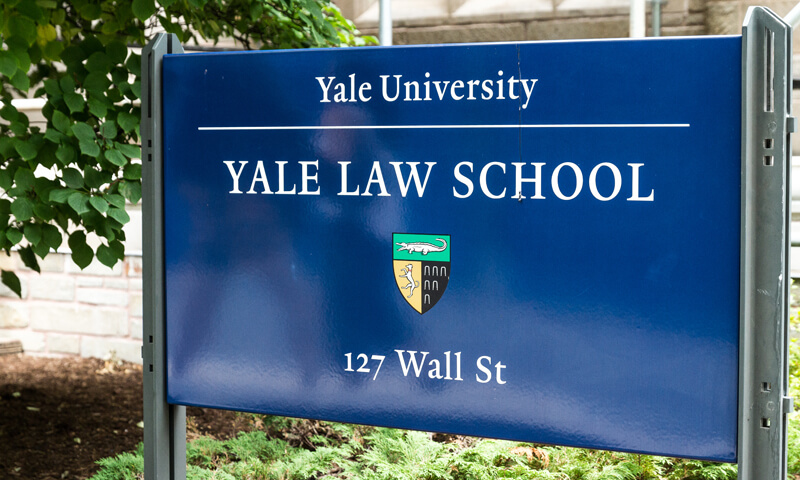Summary: Week two of Dewey’s trial to establish executive responsibility has commenced.
The second week of Dewey & LeBoeuf’s trial commenced on Monday, as prosecutors are taking on the former three executive leaders of the bankrupt firm. They aim to prove that former chair Steven Davis, executive director Stephen DiCarmine, and CFO Joel Sanders not only knew Dewey was in dire straits financially, but hid this from investors.
So the familiar dialectic of court battles has the defense establishing context for the most incriminating of evidence introduced by prosecutors. Of special interest in today’s court case was the exposition of just how much compensation DiCarmine and Sanders earned after a merger between Dewey Ballantine and LeBoeuf, Lamb, Greene & MacRae brought them on board.
Admittedly, their compensation ballooned to more than $2 million a year. DiCarmine’s lawyer, Bryan Cave partner Austin Campriello, established that the tidy agreement her client had, with heavy compensation, was common enough in corporate America. She also noted that DiCarmine’s role in the new company was also greatly enlarged, offering justification.
Former Dewey executive committee member Jane Boisseau said Davis partnership agreement didn’t require him to gain the executive committee’s approval. Cesar de Castro, who represents Sanders, made note while questioning her of several executive committee members who were also certified public accountants.
Assistant director attorney Christopher Conroy questioned former senior tax partner John Salmon, who claimed partners had greater access to financial information before Dewey merged with LeBoeuf.
















































